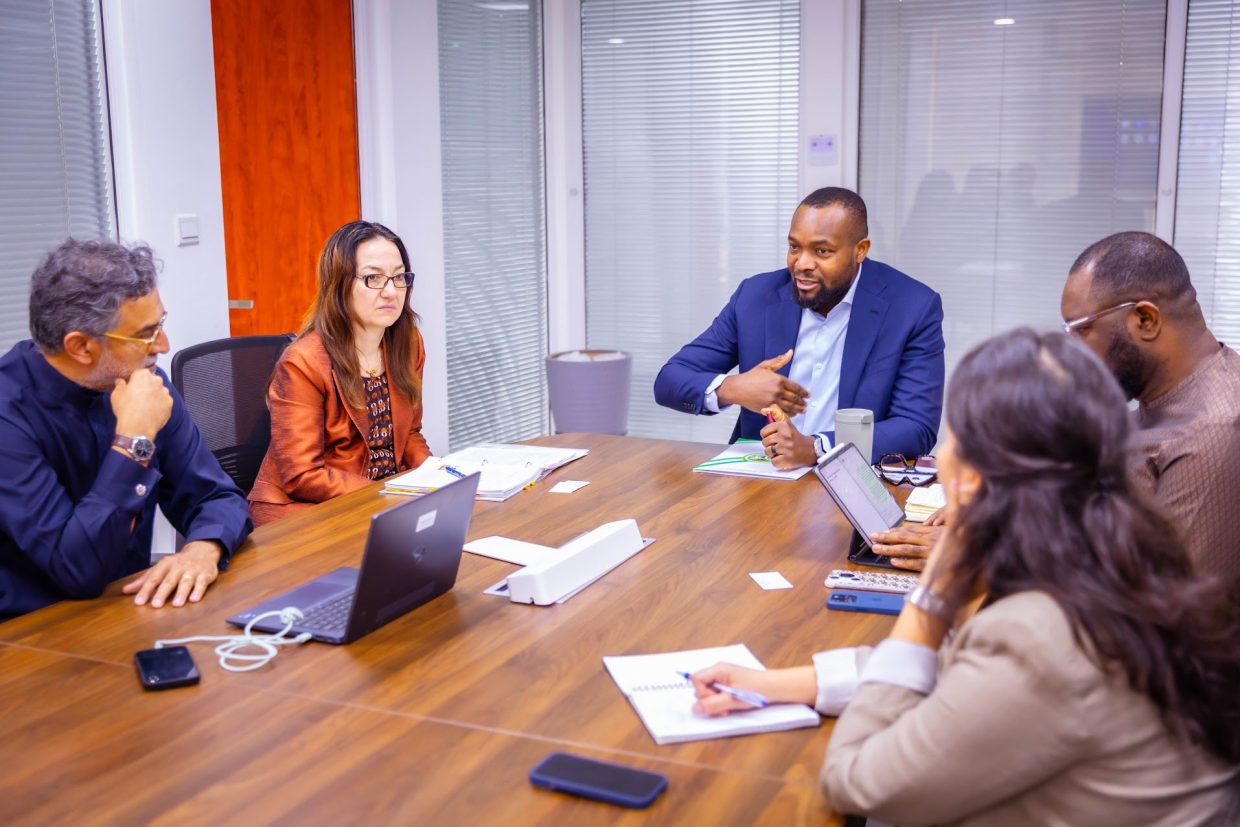Cybersecurity In Nigeria: Rising Threats Call For Urgent Awareness And Collective Action
DESTINY YOUNG

As we mark this Cybersecurity Month, it is imperative that we reflect deeply on the evolving cyber threat landscape confronting Nigeria in 2025. The country’s rapid digital transformation has brought tremendous socio-economic opportunities, but it has also exposed critical vulnerabilities. My purpose with this article is to ignite heightened awareness among Nigerians, urge actionable vigilance, and advocate for collective efforts across society to strengthen our cyberspace resilience.
Over the past year, cyberattacks in Nigeria have surged dramatically, reflecting a troubling global trend yet with local nuances that warrant particular concern. The increasing presence of artificial intelligence technologies in malicious hands has significantly amplified the sophistication and volume of attacks. For instance, AI-generated deepfakes are now being wielded as tools of deception in phishing and social engineering campaigns that target individuals, businesses, and even public institutions. These attacks leverage highly convincing fabricated images and voices to manipulate victims into divulging sensitive information or transferring funds under false pretences. This marks a sharp escalation from previous forms of cybercrime that were more easily identifiable.
Coupled with this technological evolution, the booming cryptocurrency sector in Nigeria has become a hotspot for scams and fraud. Many Nigerians, particularly those new to digital finance, have fallen prey to Ponzi schemes, fake investment platforms, and cloned crypto exchanges. These scams exploit both a lack of cyber awareness and an urgent desire among citizens to seize economic opportunities in a rapidly growing digital economy. The result is not only financial loss but also erosion of trust in legitimate digital financial services, which are vital to Nigeria’s financial inclusion agenda.
The convergence of AI-enabled cyber threats and expanding crypto scams presents a unique and pressing challenge for Nigeria. Our digital ecosystem’s rapid expansion is not matched by equivalent growth in cybersecurity understanding and capabilities among the populace. Surveys reveal that a significant portion of Nigerians are unaware of the various cyber threats that exist or do not know how to protect themselves effectively. This low level of cyber hygiene creates fertile ground for cybercriminals and undermines national efforts to secure digital infrastructure.
Nigeria’s cyber talent pool, while filled with highly skilled professionals, remains relatively small compared to the demand. The shortage of trained cybersecurity experts restricts the ability of organisations to build robust defences or respond efficiently to incidents. Without substantial investment in cybersecurity education, training, and awareness, this gap will only widen as digital threats continue to evolve in complexity.
Moreover, coordinated collaboration among key stakeholders remains an area requiring urgent improvement. Effective cybersecurity is not solely the responsibility of the government or private sector alone. It necessitates a unified effort across government agencies, private businesses, academia, civil society, and individual users. Such collaboration can drive the sharing of threat intelligence, formulation of policy frameworks, public education campaigns, and the establishment of trusted reporting mechanisms for cyber incidents.
So, how do we address these challenges and build a culture of cybersecurity awareness and resilience in Nigeria?
First, public education is paramount. Awareness campaigns must be expanded beyond niche IT circles to reach a wide audience across demographics and geographic locations. The language and messaging should demystify cybersecurity, explaining in practical terms the common scams, warning signs, and preventive actions. For example, Nigerian internet users should be cautioned about unsolicited requests for personal data, suspicious links, and the importance of verifying the authenticity of investment platforms before committing funds.
Second, digital literacy must encompass cybersecurity practices as a foundational element. Schools, higher education institutions, and vocational training programs should integrate cybersecurity modules tailored to local realities. This foundational knowledge will empower the next generation to participate safely and confidently in the digital economy.
Third, the private sector, which drives much of Nigeria’s digital innovation, must adopt a proactive stance in securing their platforms and educating their customers. Fintech companies, e-commerce platforms, and social media networks have a shared responsibility to implement strong security measures and transparently communicate risks to their users.
Fourth, government agencies need to strengthen regulatory frameworks that address cybercrime, data protection, and digital consumer rights. Equally important is enhancing the capabilities of law enforcement and judiciary institutions to investigate, prosecute, and deter cybercriminals effectively.

Fifth, mutual collaboration and knowledge sharing among cybersecurity professionals should be fostered through national forums, conferences, and online platforms. Such communities of practice enable faster responses to emerging threats and dissemination of best practices.
Lastly, individual Nigerians must cultivate personal cyber hygiene habits. Simple actions like using strong unique passwords, enabling multi-factor authentication, regularly updating software, and critically evaluating digital communications can significantly reduce vulnerability.
In conclusion, Nigeria is at a critical point in its digital journey. While the opportunities brought by digital technologies are immense and transformative, the risks are equally significant and can no longer be overlooked. Rising AI-driven cyber threats and cryptoscams vividly illustrate the urgent need for the country to elevate cybersecurity awareness and preparedness.
As someone deeply engaged in cybersecurity and technology, I call on all Nigerians ~ from policymakers to everyday internet users ~ to embrace a shared responsibility for securing our digital future. By raising awareness, investing in education, fostering collaboration, and adopting responsible digital practices, we can build a safer online environment that supports economic growth, innovation, and social development.
This Cybersecurity Month should serve as a catalyst for action ~ a rallying moment for Nigeria to confront its cyber challenges head-on and transform risks into opportunities for resilience and trust. The time to act is now.
About the Author
Destiny Young is an impact-driven IT professional with over 17 years of experience in information technology infrastructure, network administration, cybersecurity, and cloud computing. His expertise encompasses implementing robust risk management frameworks, designing scalable solutions for identity and access management, and enhancing organisational cybersecurity posture. Destiny is actively involved in advancing digital transformation initiatives, managing complex IT projects, and promoting cybersecurity awareness across various sectors in Nigeria. Destiny is a fellow of the Institute of Information Management and regularly publishes research and insights on cybersecurity threats, digital transformation, and infrastructure development. He is recognised for his leadership, mentorship, and advocacy for digital resilience and cybersecurity best practices in Nigeria. An active member of the tech community, Destiny shares his expertise through blogging, public speaking, and consulting. He is passionate about empowering Nigerians to recognise risks, adopt responsible digital practices, and harness technology safely and effectively.












